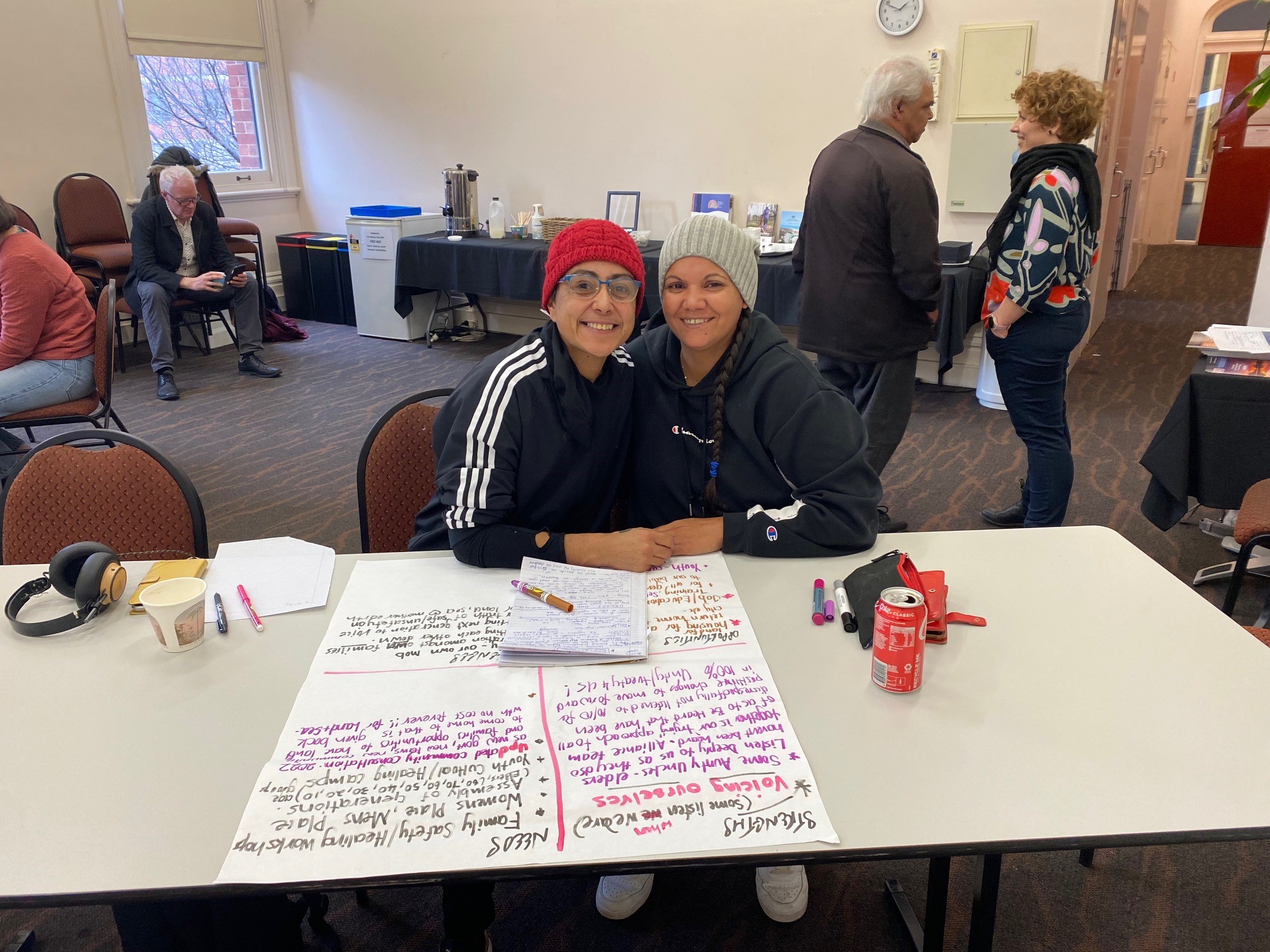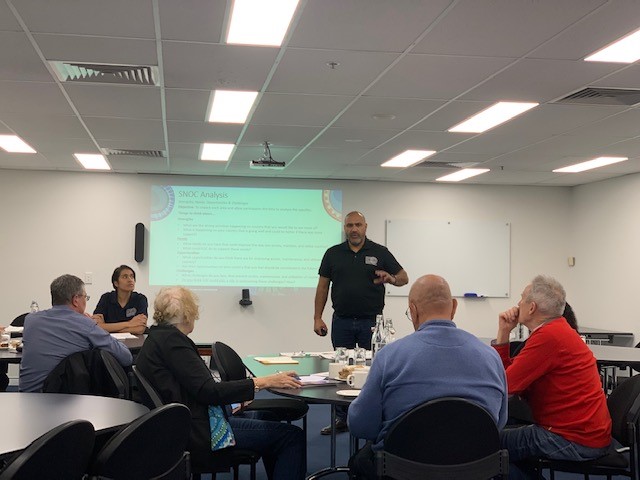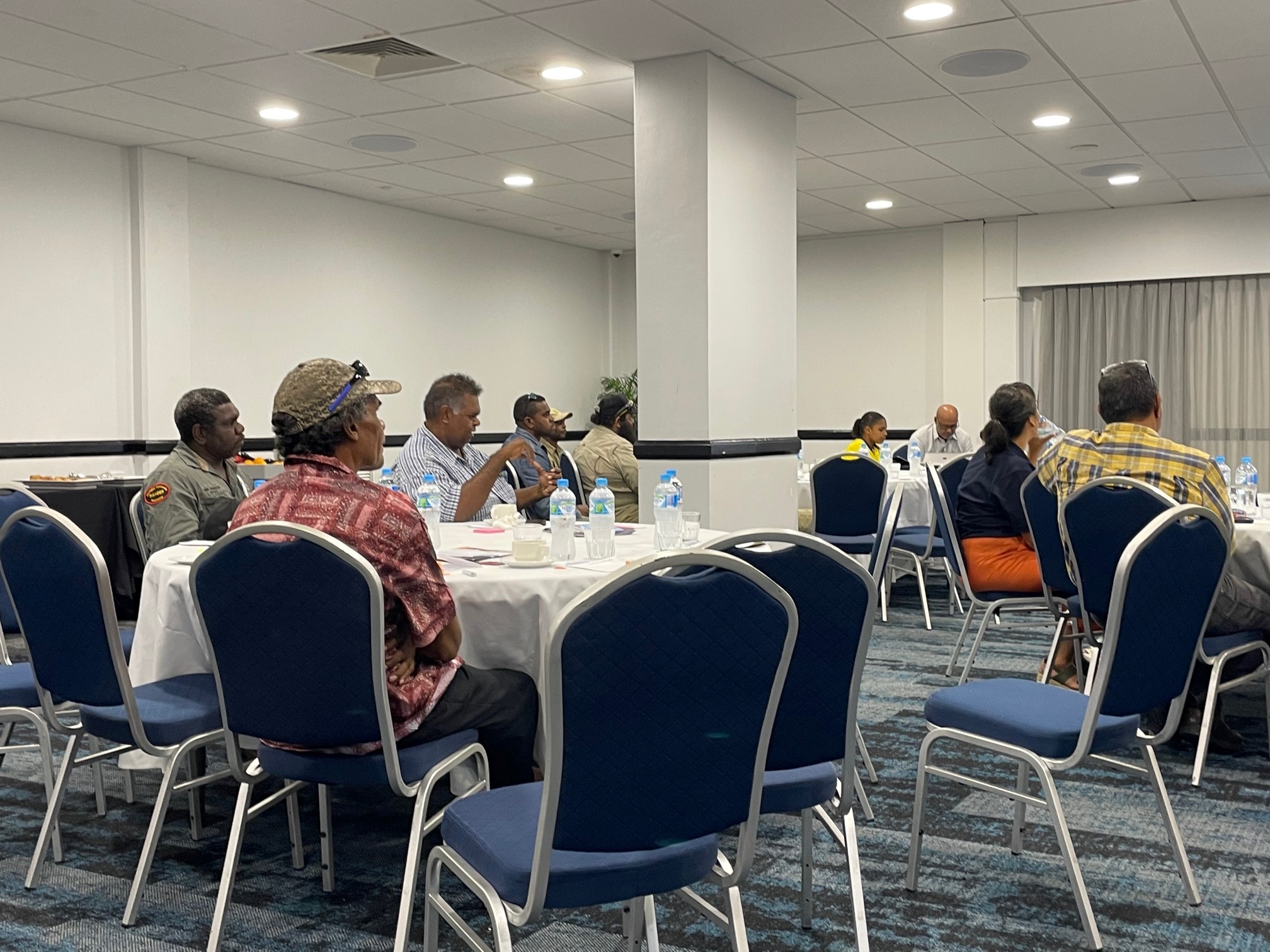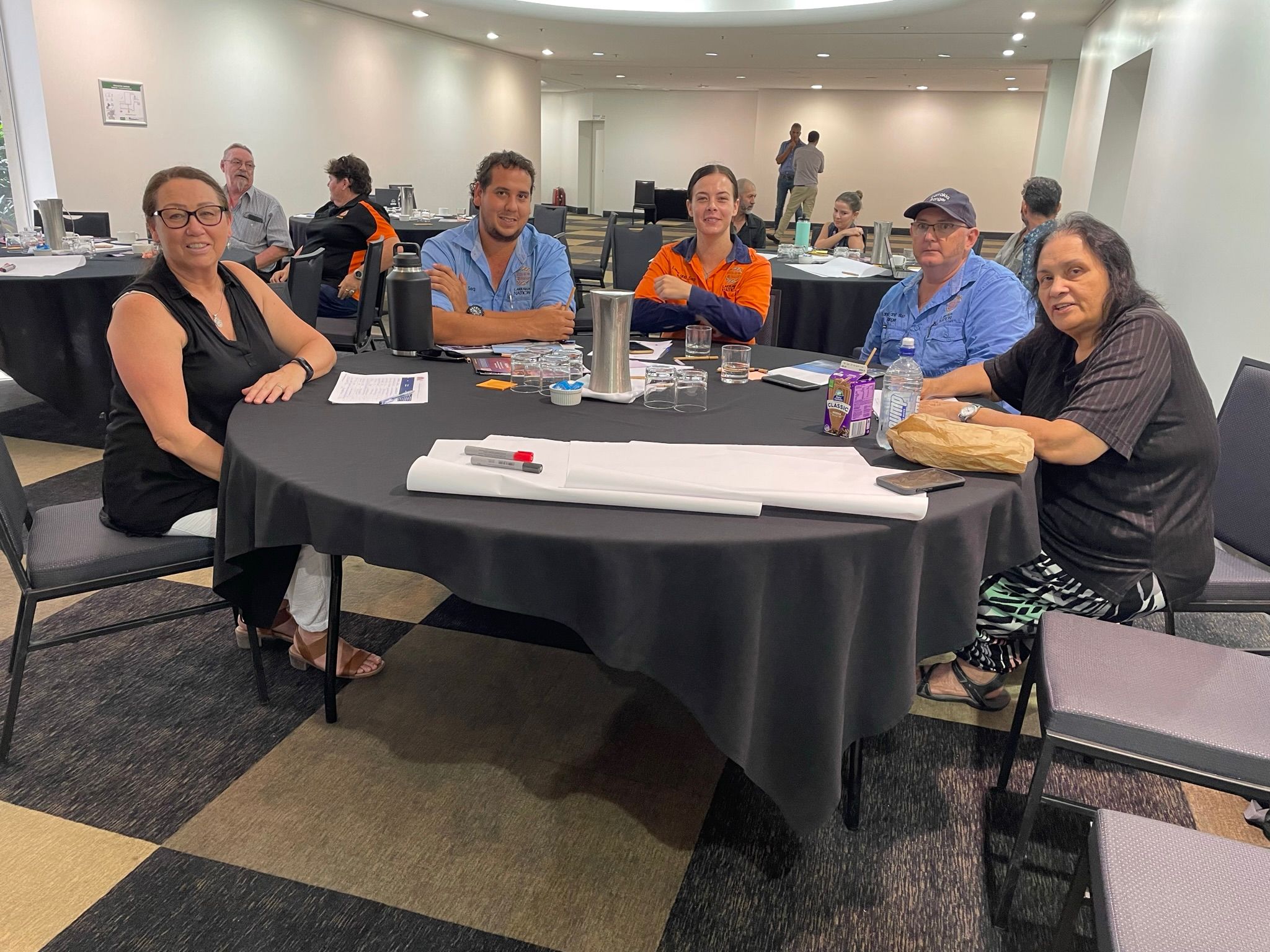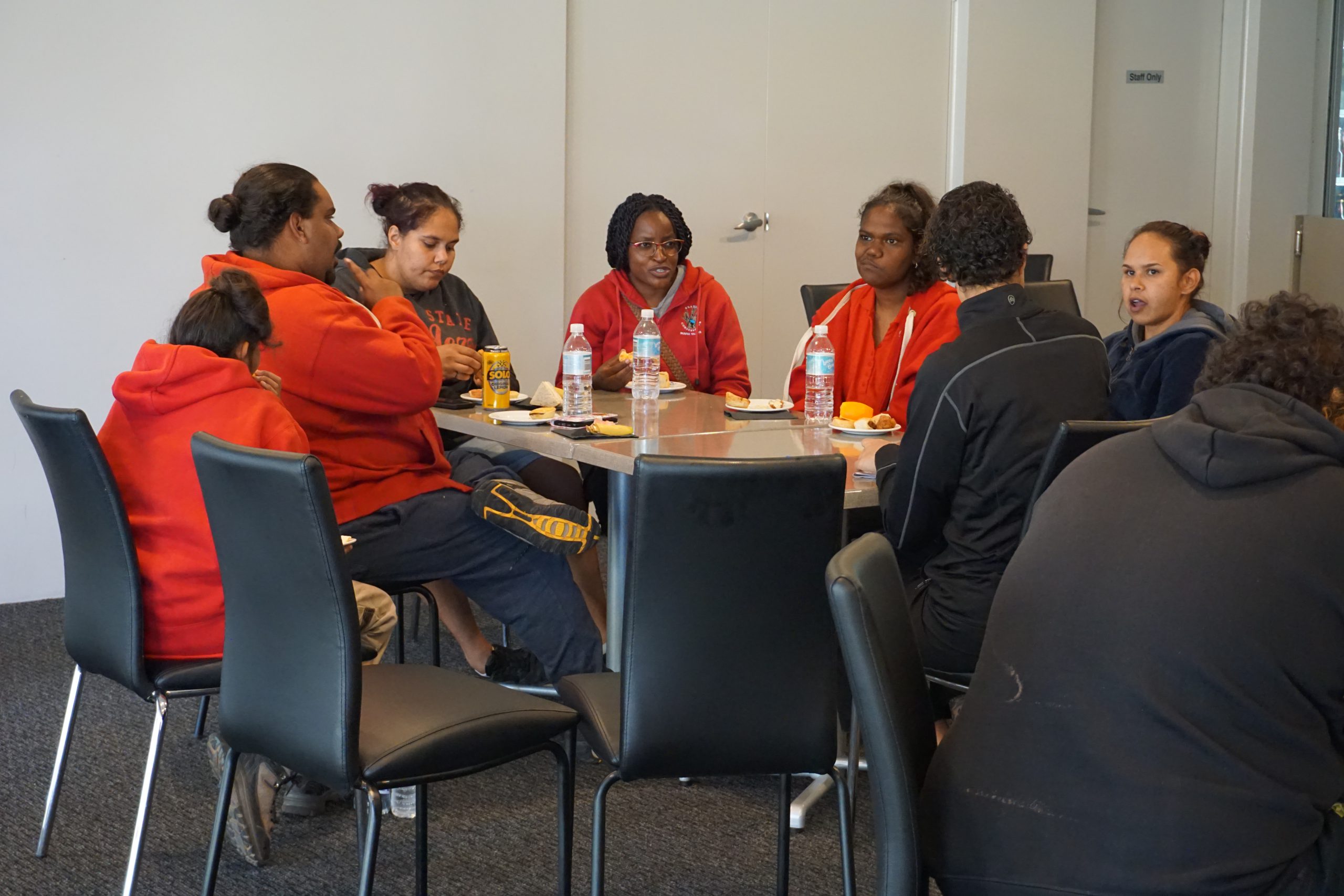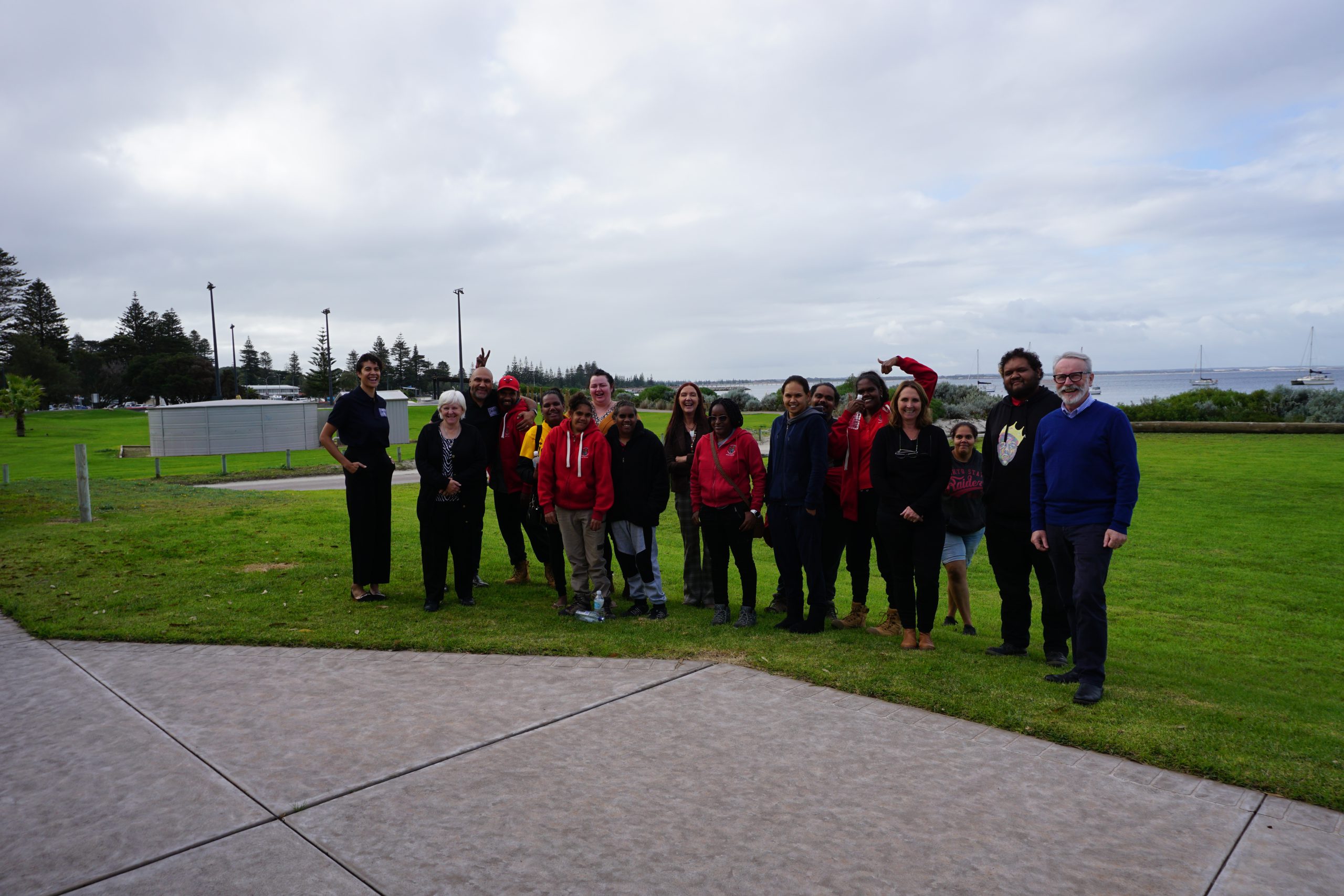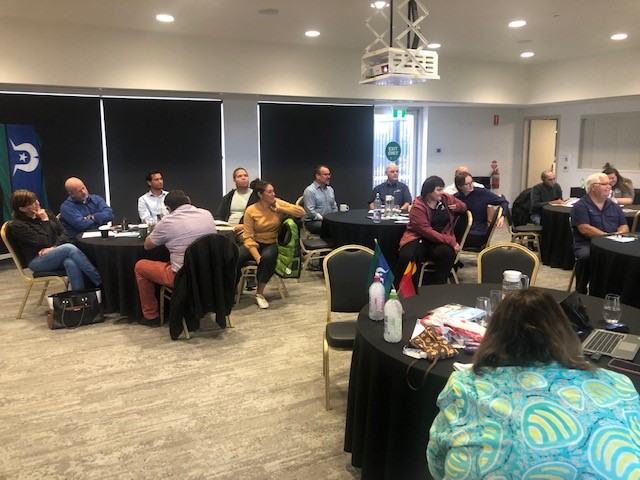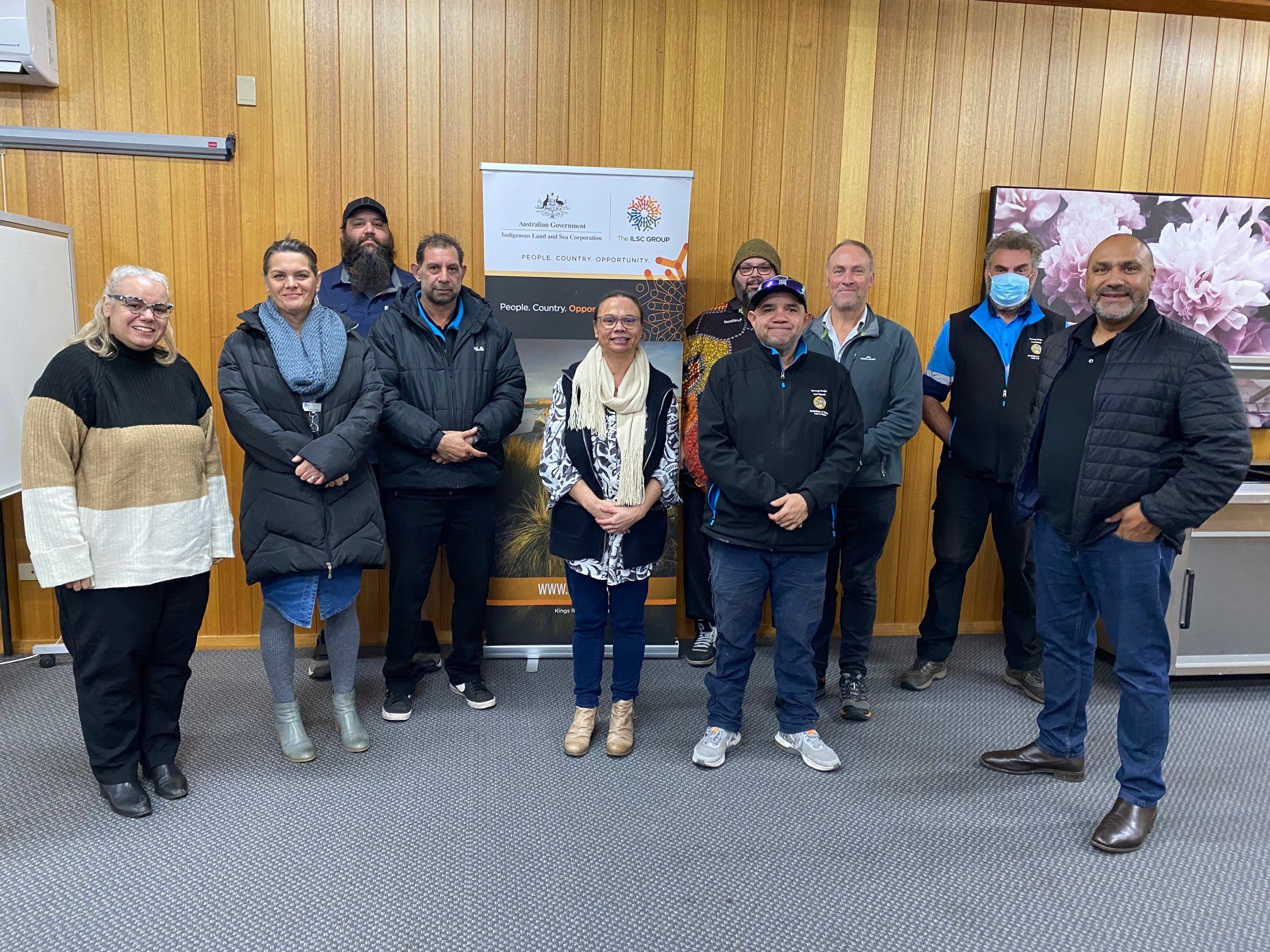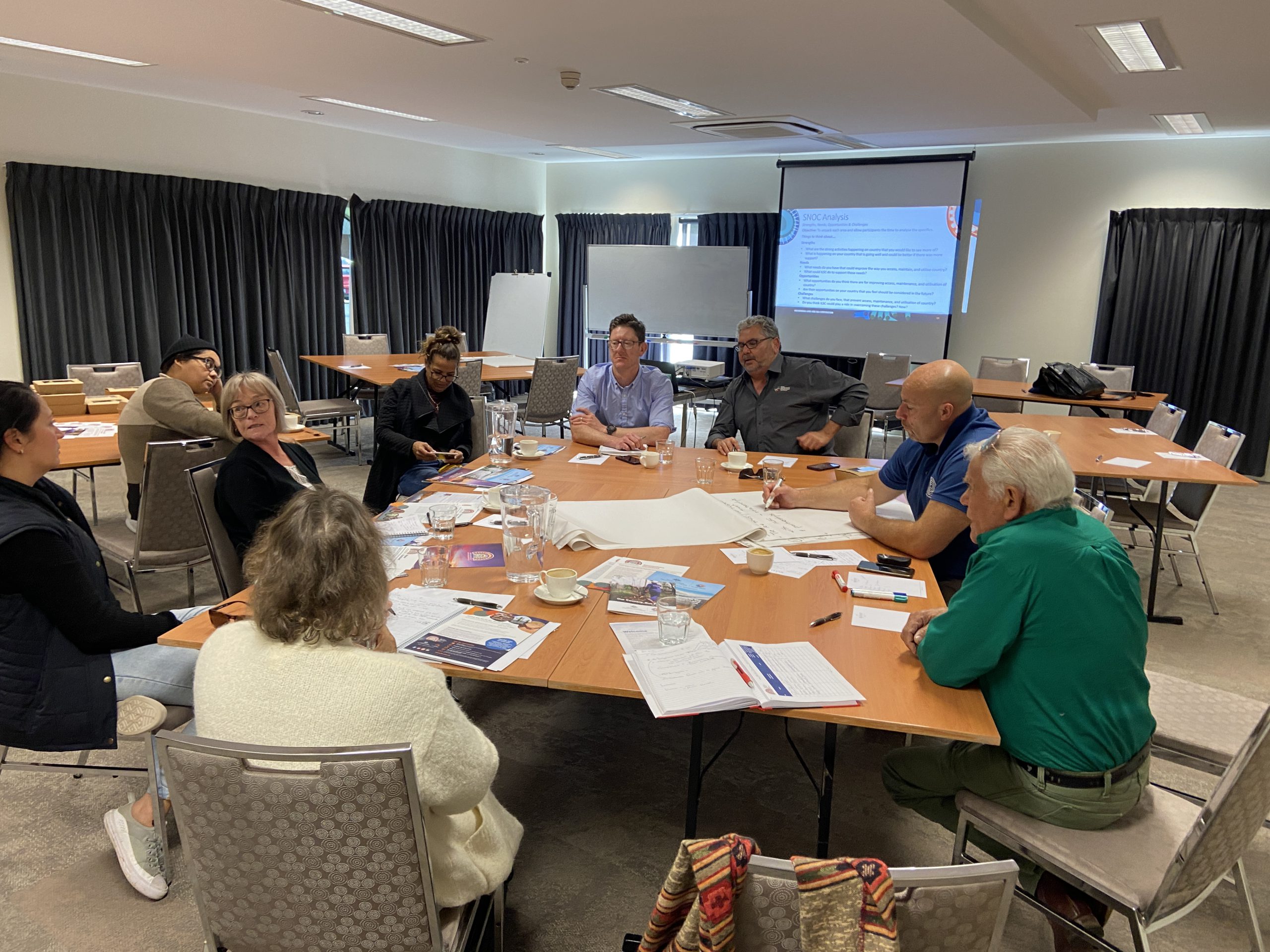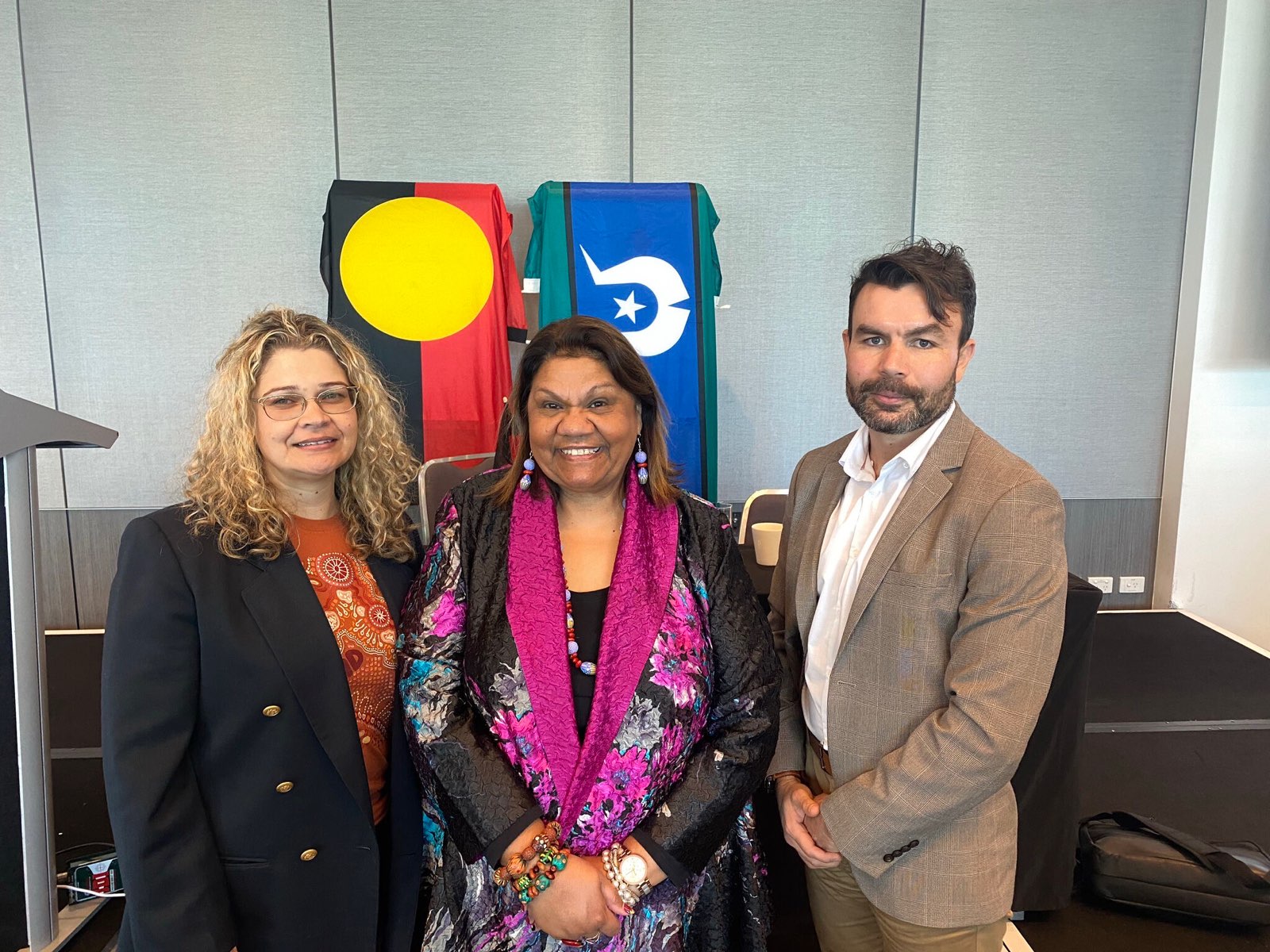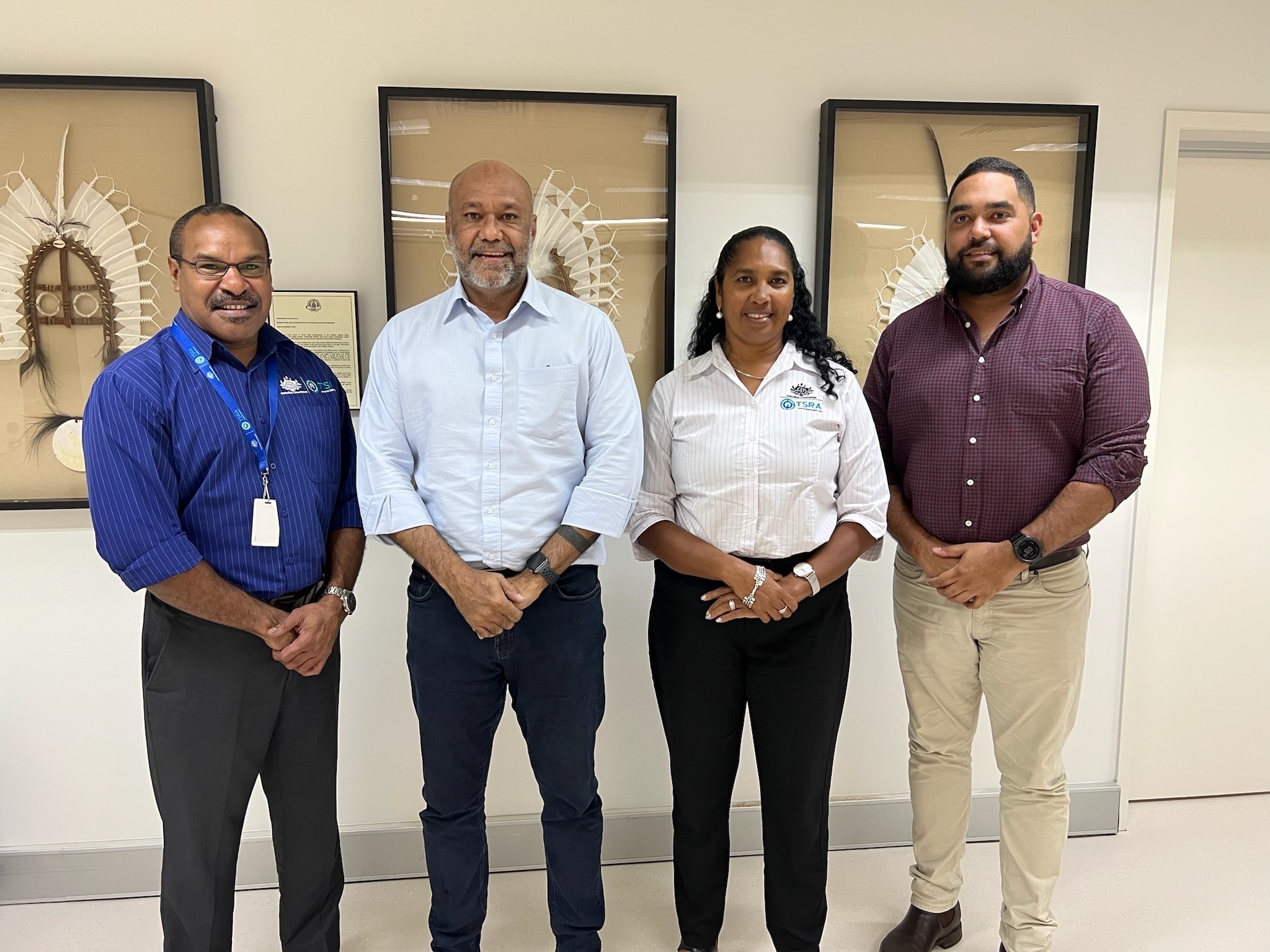The National Indigenous Land and Sea Strategy
The Indigenous Land and Sea Corporation launched its latest National Indigenous Land and Sea Strategy (NILSS) in June 2023. The ground-breaking strategy puts Country at the centre and prioritises partnership and self-determination to help shape the future of Aboriginal and Torres Strait Islander peoples across Australia.
The strategy reaffirms the ILSC’s key role as the lead national agency partnering with Aboriginal and Torres Strait Islander peoples in the return and management of Country, and sets a clear agenda for the coming years.
How was the strategy developed?
This NILSS is the culmination of the ILSC’s largest ever nation-wide consultation over many months, that was genuine, inspiring and has enabled the ILSC to develop a strategy that puts the priorities and perspectives of Traditional Owners at the foundation of all of its activities. Over 1000 hours was shared, listening, and speaking to hundreds of Aboriginal and Torres Strait Islander people from dozens of communities across Australia, about their aspirations for Country and role of the ILSC. For those who participated in the engagement, thank you for your time and input.
The ILSC has also developed three Regional Indigenous Land and Sea Strategies (RILSS) – Central, Eastern, and Western – which are aligned to our divisional boundaries and directly linked to the NILSS priorities and commitments.
What will the ILSC do under the new NILSS?
- Act as a strategic funder and facilitator, supporting Indigenous people to access, use, and Care for Country on their own terms to achieve their aspirations
- Support Indigenous people to leverage, and continue to grow their assets, rights to land and water gained over the past 60 years of the land rights movement and recognition through native title and other schemes
- Extend beyond grant-making and enable Indigenous groups to take advantage of opportunities that optimise the use and Care of Country now and into the future
- Improve services to Indigenous people and continue to return power and control to Indigenous communities by divesting our operating businesses and landholdings.
What’s next?
As we implement these strategies, we will continue to consult and engage with Indigenous people and organisations to learn more about what our stakeholders need and want. We anticipate that some of our commitments will evolve and change, and these details will be published in an Annual NILSS/RILSS Action Plan published in August each year.
We recognise the broad range of needs and differences in Country and opportunity across Australia. To address this, we will work in partnership with representative groups and Aboriginal and Torres Strait Islander peoples to understand and support their aspirations, also looking at new ways we can assist with expanding Indigenous rights over Country.
Both the NILSS and the RILSS set out our priorities, commitments, and the difference we intend to make together up until 2028. We are committed to a process of continuous improvement as we become a leader and demonstrate best practice service delivery for First Nations people.
Want to find out more?
Get in touch with us by emailing NILSS@ilsc.gov.au.
Tell me about the community consultation that took place.
In mid-2022, the ILSC held 40+ engagement sessions across the nation to seek community views on what should be included in the next NILSS. Locations visited included: Alice Springs, Darwin, Katherine, Nhulunbuy, Tennant Creek, Tiwi Islands, Broome, Esperance, Fitzroy Crossing, Geraldton, Kalgoorlie, Karratha, Katanning, Kununurra, Perth, Wiluna, Broken Hill, Canberra, Dubbo, Grafton, Merimbula, Sydney, Brisbane, Burketown, Cairns, Mt Isa, Rockhampton, Thursday Island, Townsville, Weipa, Ballarat, Horsham, Melbourne, Mildura, Shepparton, Whyalla, Adelaide, Coober Pedy, Mt Gambier, Hobart, Launceston, Gippsland and online.
Along with engagement sessions, other engagement options included an online survey, written submissions to be sent via email, and a confidential phone call with a NILSS representative.
A NILSS information pack, including sector-specific discussion papers prepared with Indigenous experts, was available online and at each engagement session. You can view the materials below and check out the welcome brochure here.
Discussion Papers exploring key trends
- Increasing recognition of Indigenous Rights over Country
- Growing economic opportunity from Traditional Knowledge
- Increasing access to global capital markets
- Climate change
Materials may not represent the views of the ILSC and are not intended to be comprehensive.
Selected Sectors
Discussion Papers
Consultation Gallery












